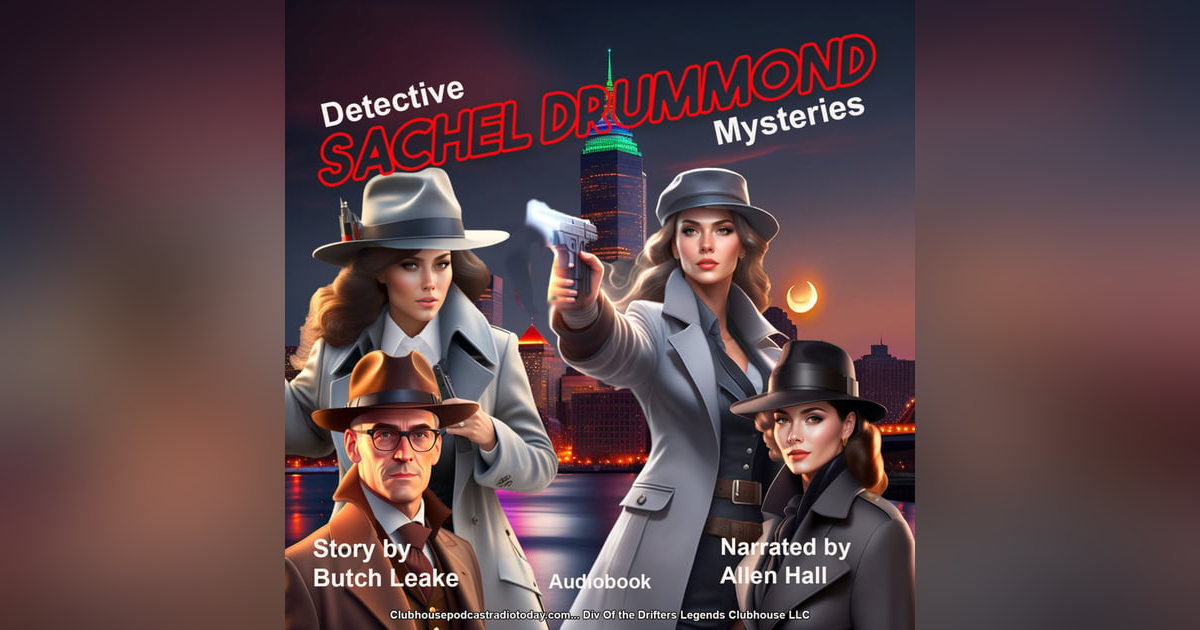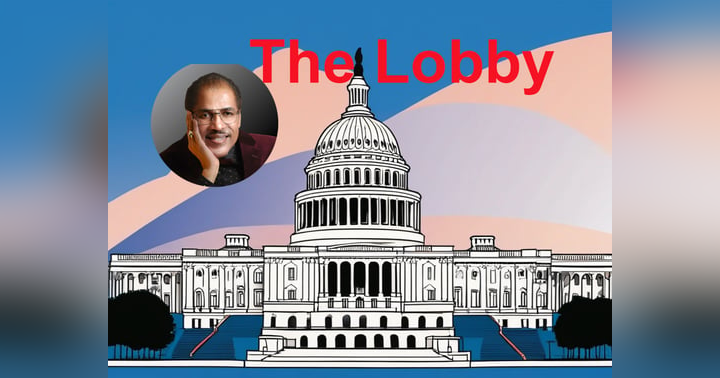The Drifters A Historical Backdrop

The Drifters A Historical backdrop
As in all stories, the historical backdrop lends a refined appeal and mysticism to the scenario relies upon focus. This is not exclusive withinside the upward thrust in culture, people, music, and fashion of the times. Harlem, New York, the Nineteen Twenties 30s Central and West Harlem changed into the focal point of the "Harlem Renaissance," an outpouring of innovative artwork without precedent withinside the American black community. Though Harlem musicians and writers are specifically well remembered. The district has moreover hosted numerous actors and theater corporations at the side of the New Heritage Repertory Theater, National Black Theater, Lafayette Players, Harlem Suitcase Theater, The Negro Playwrights, American Negro Theater, and the Rose McClendon Players. The Apollo Theater opened on a hundred and twenty-fifth Street in a former burlesque house on January 26, 1934. The Savoy Ballroom on Lenox Avenue changed into a renowned venue for swing dancing and was immortalized in a well-known tune of the era, "Stompin' At The Savoy." In the Nineteen Twenties and 1930s, amongst Lenox and Seventh Avenues in vital Harlem, over twenty-five enjoyment places operated at the side of speakeasies, cellars, lounges, cafes, taverns, supper clubs, rib joints, theaters, dance halls, and bars and grills. 133rd Street, recognized as "Swing Street," has ended up recognized for its lounges, speakeasies, and jazz scene withinside the path of the Prohibition era and changed into dubbed "Jungle Alley" because of the truth of "inter-racial mingling" on the Street.
At the side of most famously the Cotton Club, Duke Ellington played, and Connie's Inn, some jazz venues were restrained to whites only. Others were integrated at the side of the Renaissance Ballroom and the Savoy Ballroom. Rock and roll dominated well-known tunes withinside the latter half of the 1950s. The musical style originated and was superior withinside the US withinside the path of the past due 1940s and early 1950s, and brief spread to the rest of the world. Its spontaneous origins lay in mixing numerous black musical genres of the time, at the side of rhythm and blues and gospel tunes, with America and western and Pop. In 1951, in Cleveland, Ohio, disc jockey Alan Freed began playing rhythm and blues music for a multi-racial goal marketplace and was credited with first using the phrase "rock and roll" to explain the tune. Artists consisting of Chuck Berry, Bo Diddley, Fats Domino, Little Richard, Jerry Lee Lewis, Big Joe Turner, and Gene Vincent released the initial rhythm and blues-inspired early rock and roll hits. On the opportunity thing of the spectrum, R&B-inspired acts like The Crows, The Penguins, The El Dorados, and The Turbans all scored maximum critical hits, and corporations like The Platters, with songs at the side of "The Great Pretender" (1955), and The Coasters with humorous songs like "Yakety Yak" (1958), ranked a number of the most a successful rock and roll acts of the period.
This is the environment that a more youthful man named Clyde McPhatter entered after migrating to New York City from North Carolina. Clyde Lensey (or Lensley) McPhatter changed into being born in Durham, North Carolina, on November 15, 1932. His own family changed into heavily rooted within the church, collectively alongside his father, a minister, and his mother, an organist. When his own family moved north to New York's Harlem withinside the past due to the '40s, Clyde began creating music with a gospel group: the Mount Lebanon Singers (from the Mount Lebanon Church on 132 Street). The rest of the group, when Clyde joined, consisted of Charlie White (2nd tenor), William "Chick" Anderson (tenor), Wilmer "Lover" Baldwin (tenor and guitar), and David Baldwin (baritone), and James "Wrinkle" Johnson (bass). (David and Wilmer were brothers of author James Baldwin.) This association, along with others that Clyde ought to come upon through tune battles with one-of-a-kind corporations of the period ought to set the framework that would later end up with The Drifters. It changed into such musical encounters that he met Bill Pinkney and the Thrasher Brothers Gerhart and Andrew.



